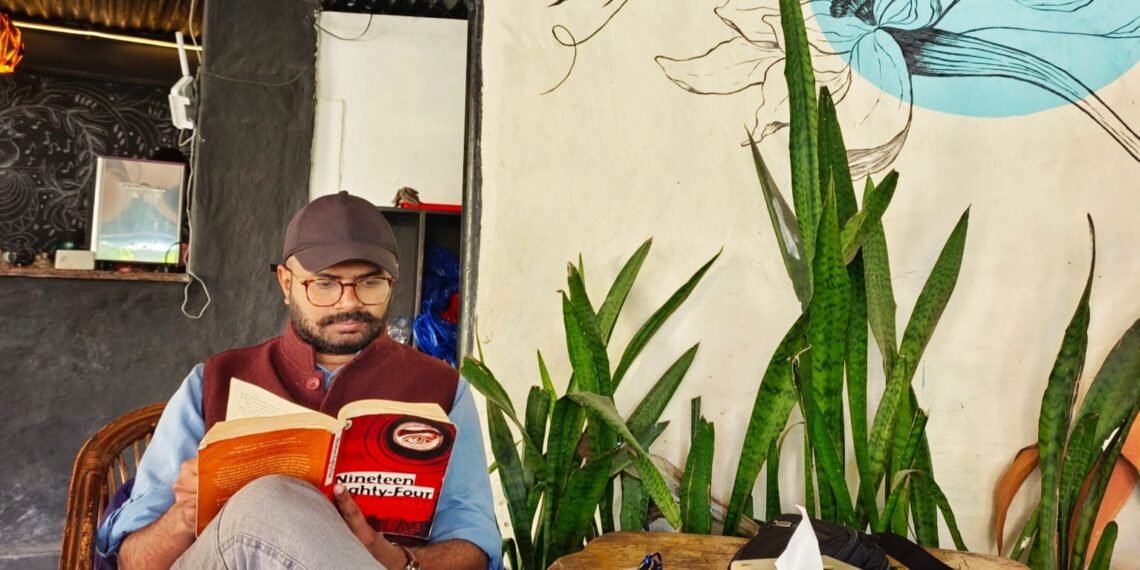In a world increasingly defined by conflict, inequality, and shrinking empathy, Indian writer, academic, and film producer, Atul Balaji Marewad, has emerged as a distinctive voice calling for a return to humanity through art.
Having served on juries across Africa, Europe, and Asia including the Taraba Human Rights Festival, Marewad’s reflections reveal a profound belief in cinema’s ethical power at a time when global culture appears adrift.
Speaking at the weekend about the role of film in turbulent times, Marewad says the purpose of art is not entertainment but awakening.
“Cinema allows us to feel another’s suffering,” he says. “It humanizes the unseen and reminds us that empathy is stronger than power.”
Yet, Marewad worries that younger generations are losing touch with art’s moral weight. He describes a cultural drift towards superficiality, where expression is confused with noise and imitation is mistaken for creativity.
“If cinema becomes a space only for self-promotion,” he warns, “we lose what makes it transformative.”
Marewad’s connection with African storytelling runs deep. After years serving on juries at festivals in Kaduna, Bayelsa, and Taraba States, he believes African cinema is positioned to reshape the next century of global storytelling.
“African literature and cinema carry truth without hypocrisy,” he says. “They speak from lived realities. The world has mastered technique, but Africa still holds originality.”
He predicts that Africa’s authentic, human-centered narratives will offer an antidote to formulaic global filmmaking for decades to come.
Read also:
- Teni declares no Male Artist can out-sing Women, sparks debate at EWA 2025
- Tragedy in Dhaka as Stadium Earthquake injures over 100, halts Ireland–Bangladesh test
- Switzerland partners Borno on post-conflict recovery
Balancing life as a professor of literature and as an executive producer has not been easy for Marewad, but he insists the two identities cannot be separated, emphasizing that, “literature and cinema are not my work they are my life .They give me purpose and identity.
What troubles him is the decline of meaningful criticism. He believes art is being judged too quickly, often without depth or compassion. “True criticism should nurture art. Today, many criticize only for visibility,” he said.
Marewad who is currently developing the Colonized Nations Film and Literature Foundation, said the project is still in formation but already guided by a clear moral philosophy. Stating that, “there are billions whose truths will never be recorded.”
Rejecting industry pressure or influence, Marewad who explained how he evaluates films not by their budgets or star value but by their sincerity, said ,
“I always begin with truth. When story, music, cinematography, and emotion come together honestly, you feel the soul of the work.”
For him, the greatest threat is not artificial intelligence but emotional disconnection.“We must evolve in kindness before we evolve in code,” he stated






